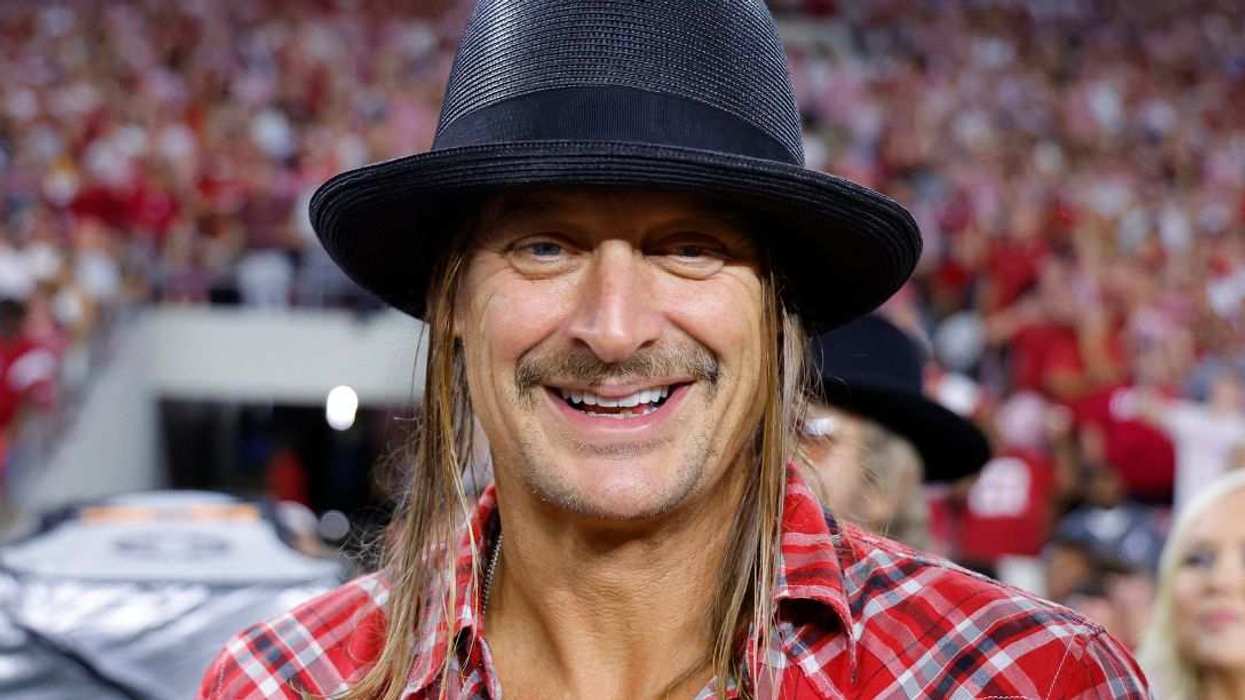In any other moment, the news a former President lied under oath as part of a conspiracy to steal an election would be a bigger deal. After all, Bill Clinton was impeached over a lie under oath about an extramarital affair.
And yet here we are.
On Wednesday, federal district court Judge David Carter issued a third ruling that helped nail Trump to the wall legally. In it, he found emails—which Trump’s attorney John Eastman was seeking to protect from disclosure under the attorney-client privilege—had to be turned over to the January 6 Committee investigators.
Specifically, he found the documents showed a:
“...knowing misrepresentation [think: a lie, under oath] of voter fraud numbers in Georgia when seeking to overturn the election results in federal court.”
He further found that Trump:
“...filed certain lawsuits not to obtain legal relief, but to disrupt or delay [think: illegally obstruct] the Jan. 6 Congressional proceedings through the courts.”
That is quite the ruling, and it needs a bit of unpacking when it comes to what effect it will have.
When news of the ruling broke, there was a lot of chatter, both from those who shrugged and claimed that it meant nothing because nothing is ever going to come of any of this, and from those who cried, “This was it, we finally got him!”
Neither of these takes is very sound, so let’s discuss this more practically, first looking at what the ruling isn’t and therefore won’t do, and then at what it is and what it likely will impact.
What the Ruling Isn’t
So, why is a federal district court out in Central California making rulings about January 6 and the conspiracy to overturn the election? The answer to that question helps us understand both the origin and limitations of the ruling.
When the January 6 Committee subpoenaed the records of attorney John Eastman, he filed a federal civil lawsuit to block it. He wanted a ruling saying—as Trump’s attorney—he didn’t have to turn over these documents.
The Committee then did something quite impressive: It gathered all the evidence it had collected up and made its case before Judge Carter and held a mini-trial of sorts. It argued Eastman was a criminal who was in cahoots with his client, the former President.
And as communications from a criminal conspirator, the Committee’s lawyers argued, Eastman’s emails lost any protection under something called the crime-fraud exception to the attorney-client privilege rule.
In March of this year, Judge Carter agreed, finding it was “more likely than not” Eastman and Trump had committed two federal crimes, namely conspiracy to defraud the United States and illegal obstruction of a Congressional proceeding.
That meant Eastman’s communications were now fair game to be turned over, so long as they were “sufficiently related to and in furtherance of” these crimes.
This third tranche of communications the parties were fighting over was located on the servers of Eastman’s account at Chapman University, where he once served as law school dean. Judge Carter reviewed the documents at issue privately and then made a determination on a case-by-case basis, finding that many of them were in fact related to and in furtherance of the alleged crimes.
In so determining, Judge Carter importantly ruled Trump signed a document, attesting under oath the information submitted to a state court in Georgia to challenge the election results there was true, even though his own lawyer had told him it was false.
In one email, Eastman advised Trump not to sign a document containing specific claims about voter fraud in Fulton County, Georgia about dead voters, felons and unregistered voters because his legal team had learned they were inaccurate.
Eastman wrote:
“Although the President signed a verification for [the state court filing] back on Dec. 1, he has since been made aware that some of the allegations (and evidence proffered by the experts) has been inaccurate."
“For him to sign a new verification with that knowledge (and incorporation by reference) would not be accurate.”
But Trump signed his name to this anyway, even though he had been “made aware” of the inaccuracy.
“Then this is perjury!” many immediately claimed. “And it proves he committed fraud!”
But this isn’t quite so.
For starters, this is a civil case, and perjury and fraud are crimes that, like all crimes, would need to be proven beyond a reasonable doubt. Trump’s criminal liability wasn’t on the table. In fact, Trump wasn’t even at the defense table here.
It would therefore be wrong to take the immediate legal effect of this ruling farther than the civil context in which it was issued. But that doesn’t mean it isn’t going to matter.
What the Ruling Likely Means
One of the hardest things to prove in a case about fraud or obstruction is the intent of the defendant. People usually don’t say much out loud when they are criming, and what the former President did say was often hopelessly muddled.
That’s why third party evidence of Trump’s actual state of mind is so valuable, and why what his own attorneys and co-conspirators were thinking and telling him matters so much.
Another way to think about it is this: Normally, you can’t ever obtain the communications between attorneys and their clients, but when you do they often hold the keys to things like intent precisely because the parties are being candid and assuming that this will never come to light.
But here, much to Eastman’s and Trump’s dismay, it has.
There’s a District Attorney out in Fulton County named Fani Willis who would be very interested in showing her grand jury written evidence Trump’s own attorney told him not to file false statements with the courts, but he did so anyway. That could go a long way toward proving things like intentional election interference under Georgia law and thus makes an indictment more likely.
The January 6 Committee will fit this evidence like a puzzle piece into its final report and any criminal referrals it might make to the Justice Department because it also shows intent to defraud and to obstruct Congress—the very two federal crimes that it has been focused on.
Further, federal prosecutors now have a key piece of written evidence on the former President’s should they decide to pursue indictments.
So why all the conditional and possible verbiage, like “might,” “could” and “should”?
Isn’t this a slam dunk now?
Well, no. We simply don’t know what hurdles to bringing charges still exist, what defenses Trump and his team will deploy, and what risk calculus prosecutors are weighing.
Months ago, federal agents seized John Eastman’s phone pursuant to a warrant—meaning they convinced a different federal judge that there was probable cause to believe there was evidence of a crime contained on it—but we don’t yet know what they were able to retrieve off of it.
All we can say with any certainty is that the probability of charges just went up again as a result of Judge Carter’s ruling, because there simply is no substitute for clear, written confirmation of the specific intent of a defendant.
Now, Trump could and probably will argue he doesn’t recall ever being told the truth of the matter by Eastman, doesn’t recall reading that email, and sincerely believed the false statements he made to the court. If charges are brought, it will be up to a jury to weigh the credibility of this against the written evidence and possible testimony of other witnesses.
But each new piece of evidence by definition makes the prosecution’s case that much stronger.
If and when charges land, they had better be strong as steel.
As I’ve said previously, if you’re going to indict a former President, your case had better be airtight.

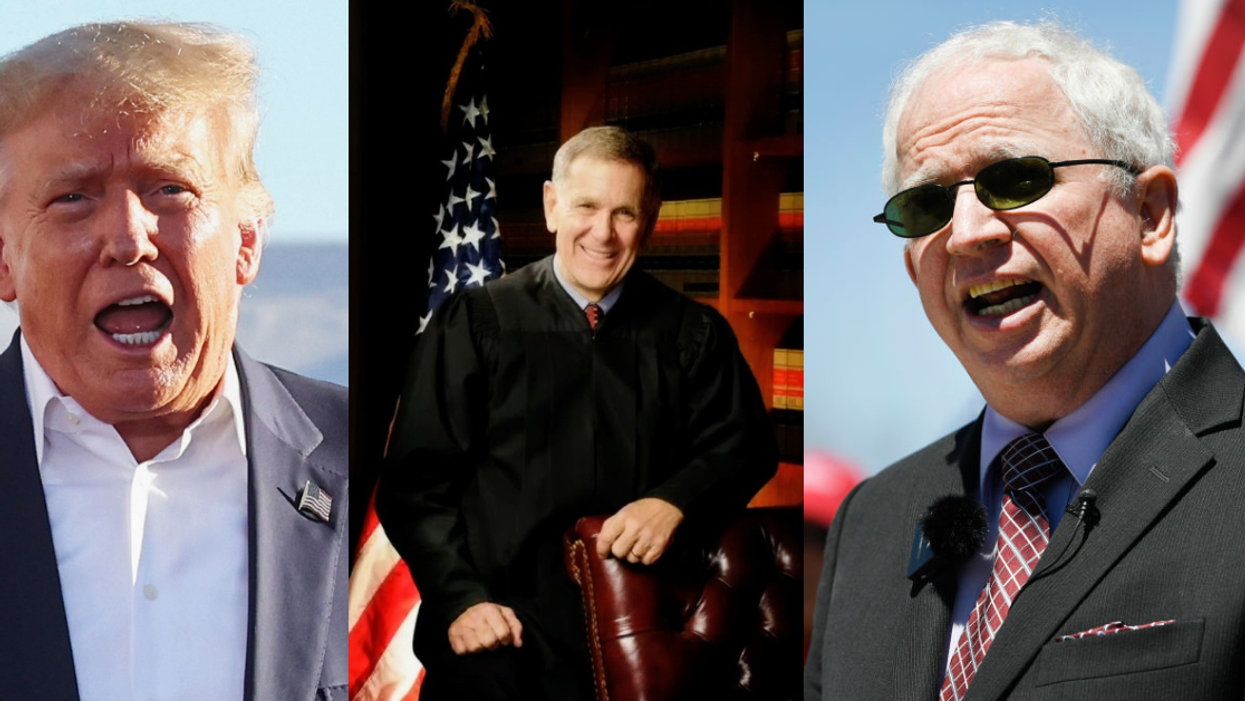

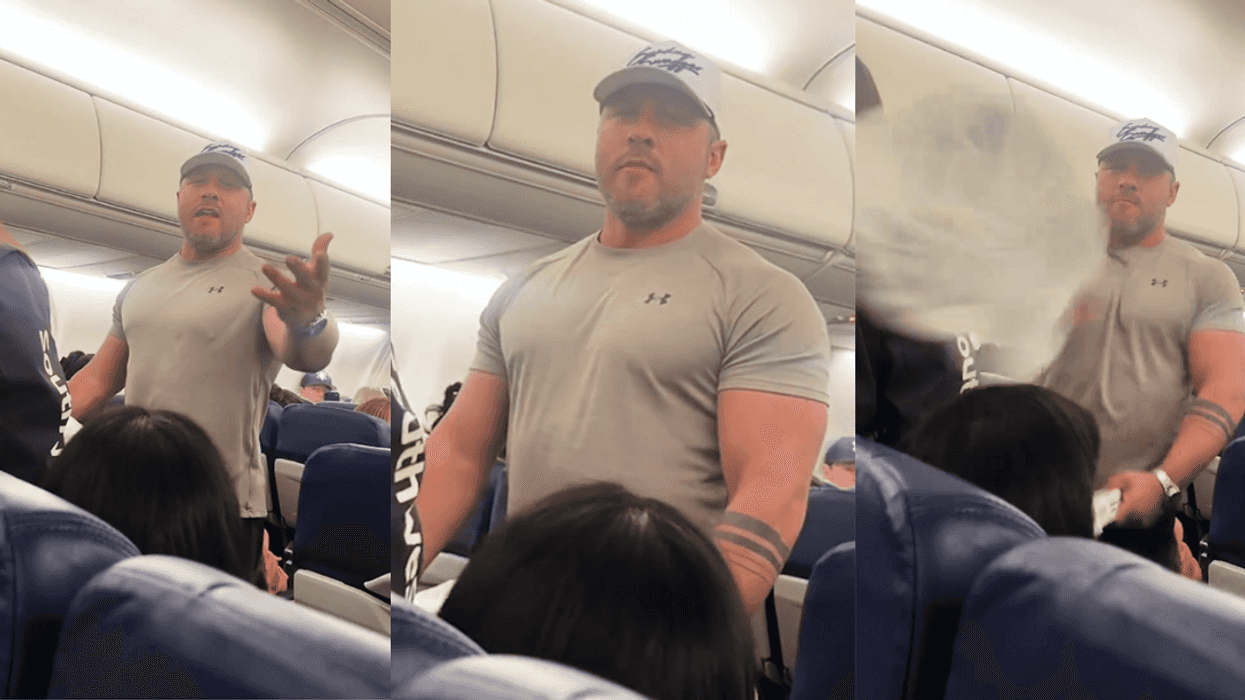
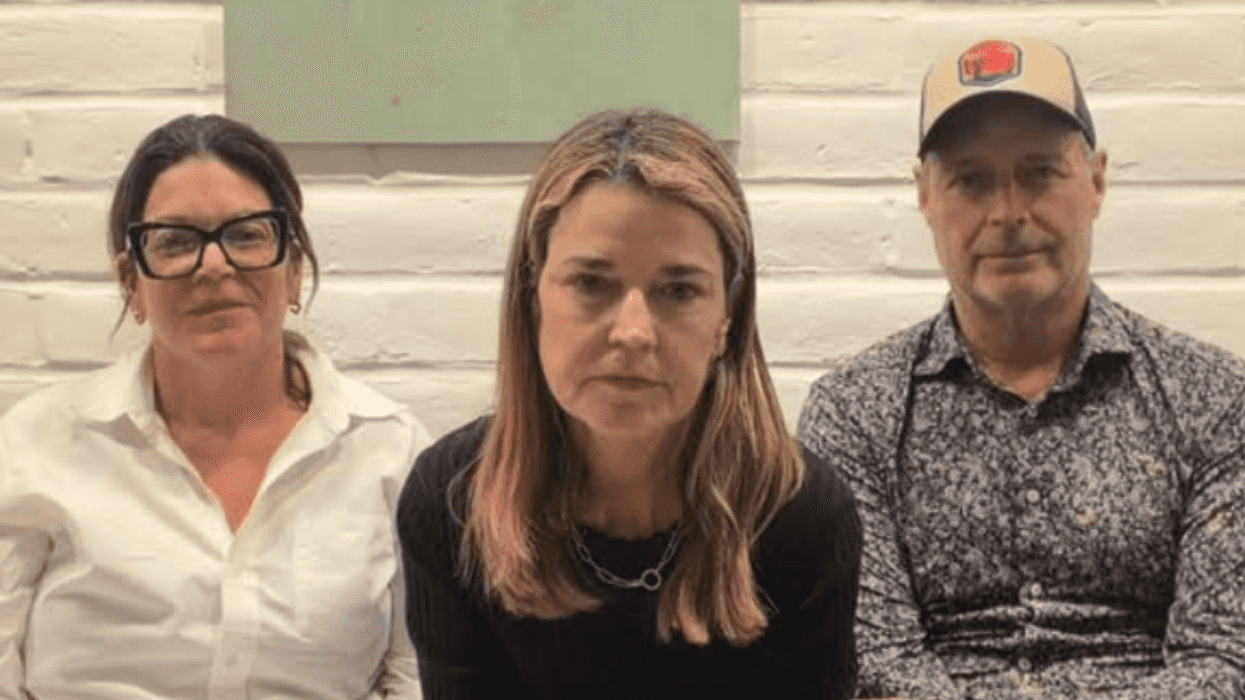
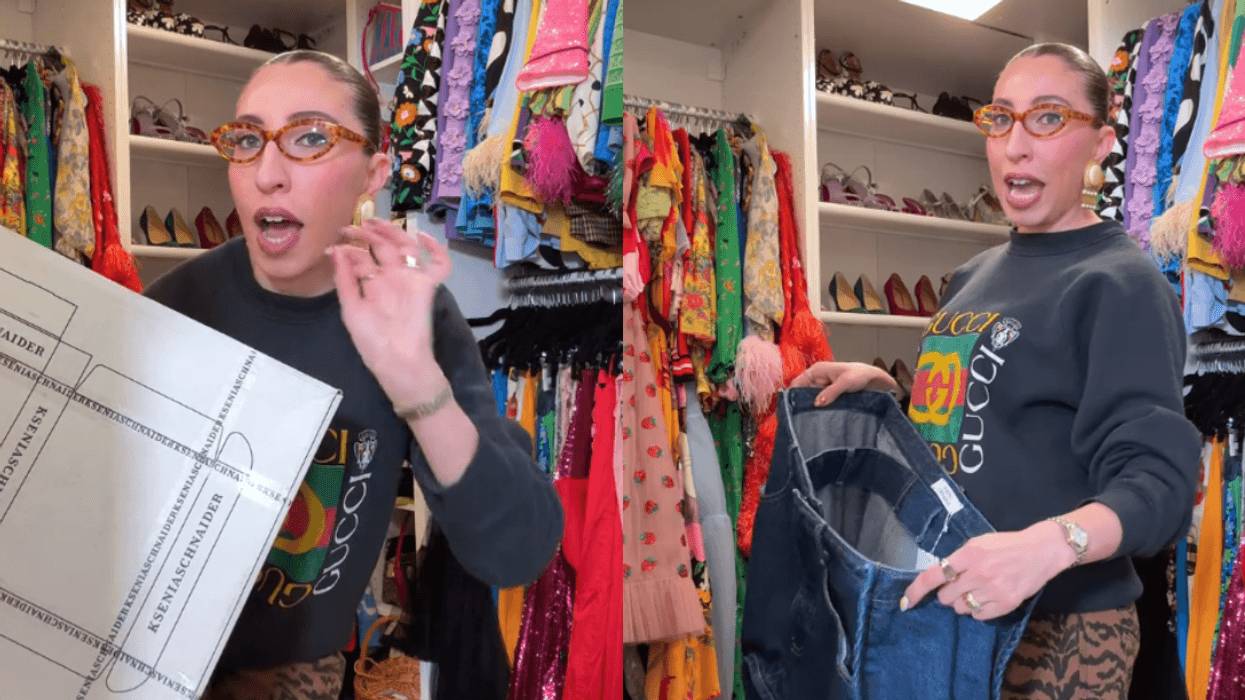
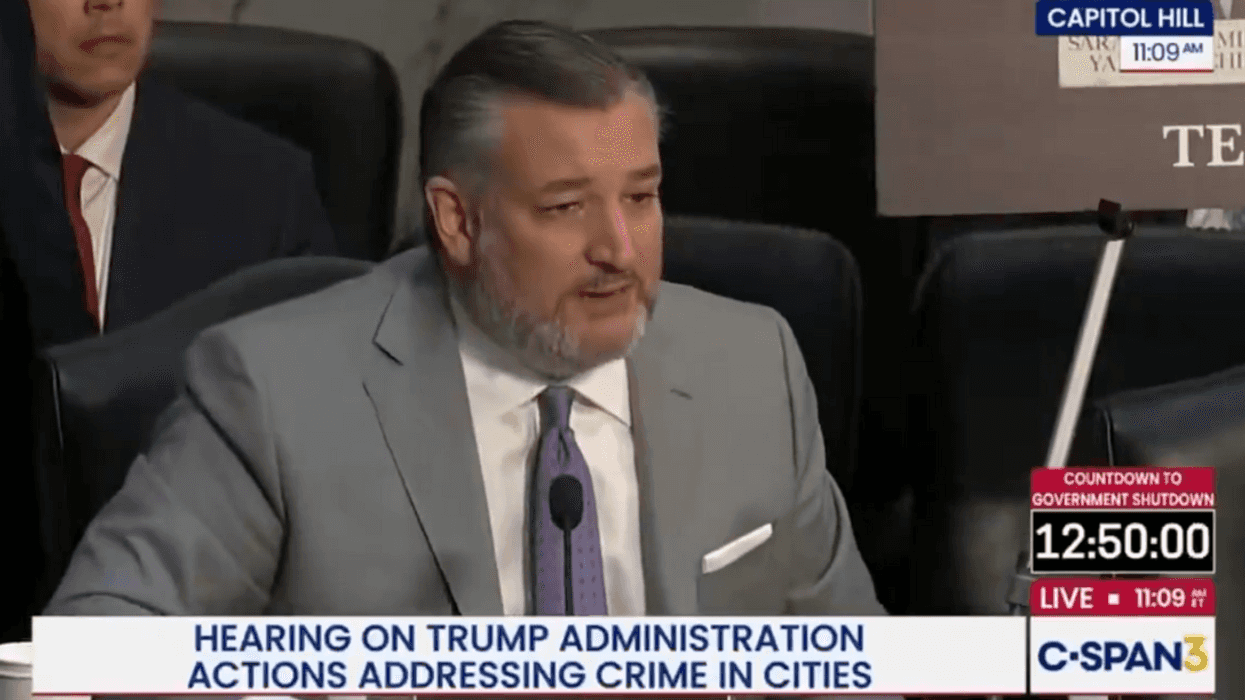





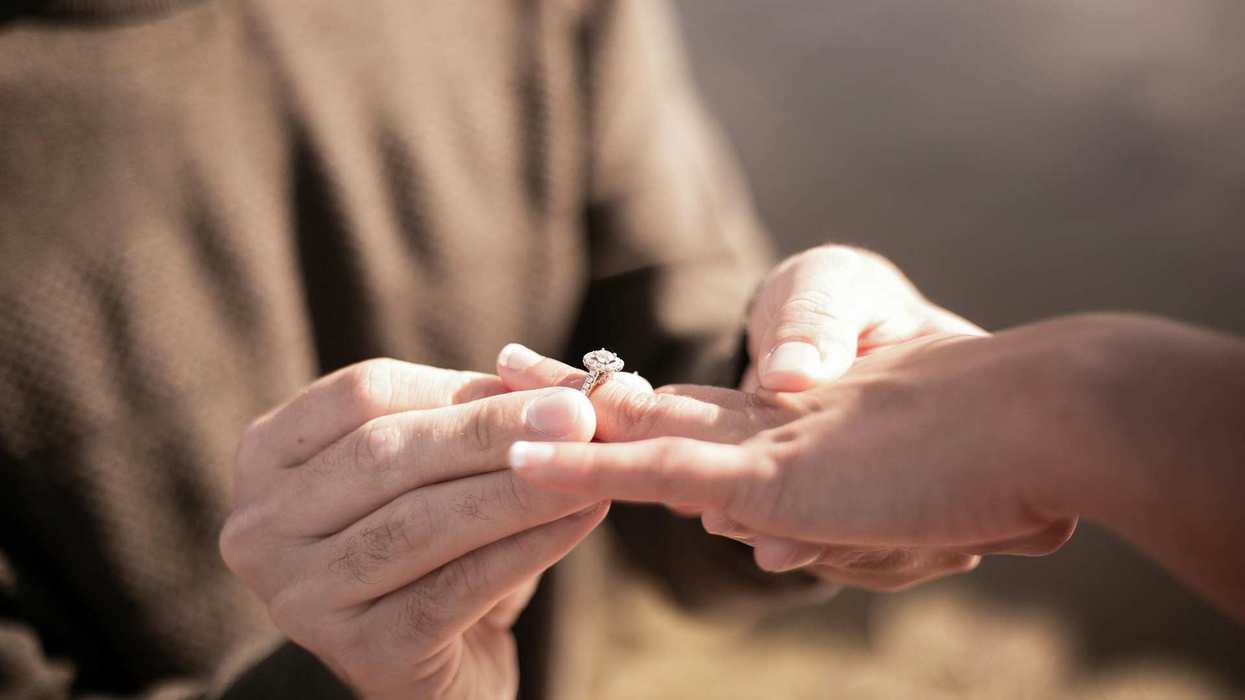
 The Office No GIF
The Office No GIF 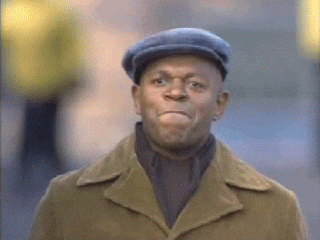 Excited Well Done GIF
Excited Well Done GIF 
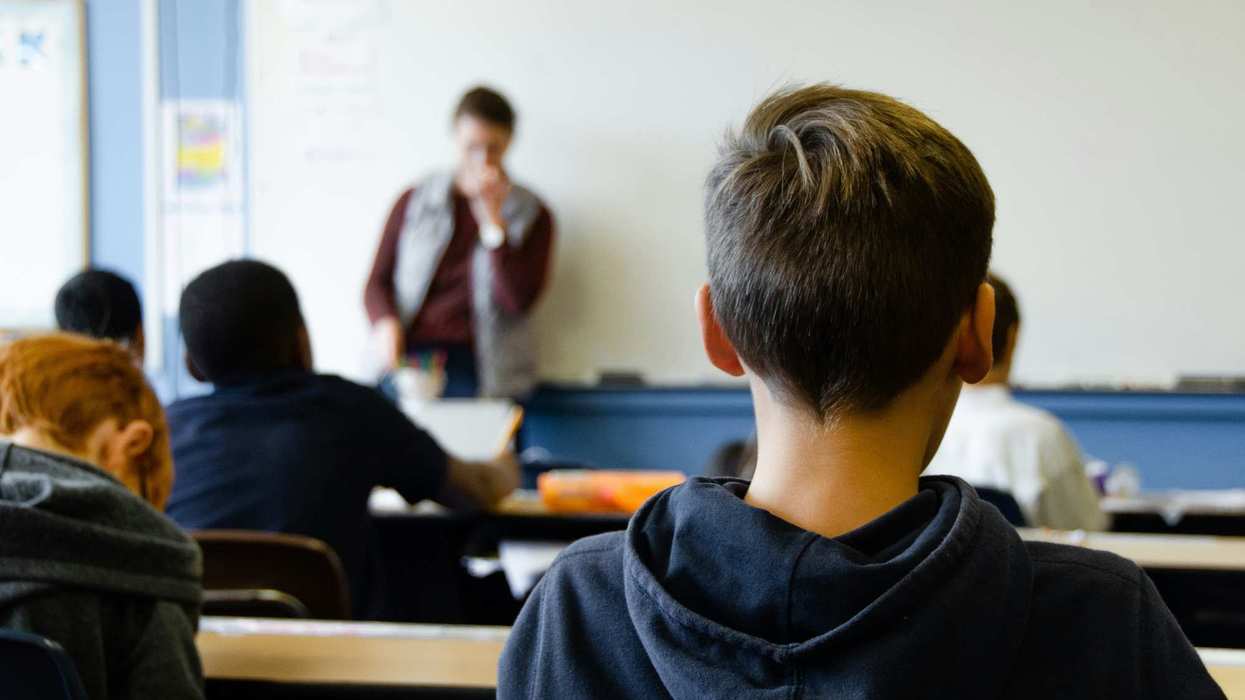
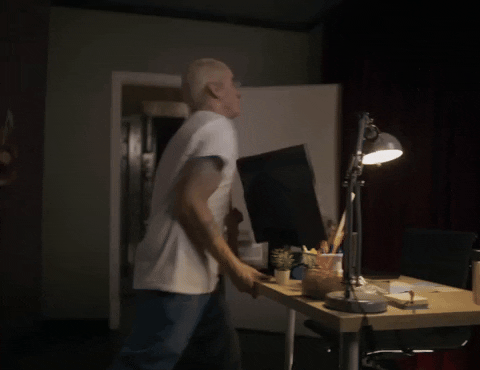 Mad Desk Flip GIF by Eminem
Mad Desk Flip GIF by Eminem 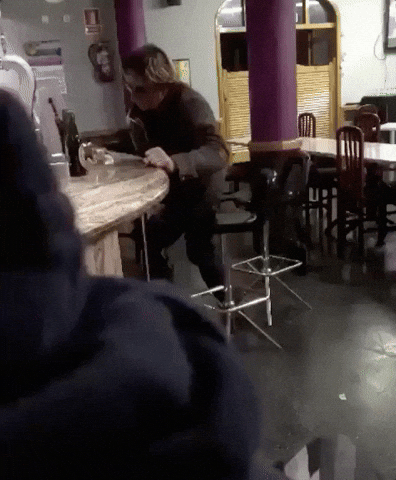 Drunk Head First GIF by Barstool Sports
Drunk Head First GIF by Barstool Sports  oscar isaac smoking GIF
oscar isaac smoking GIF  Napoleon GIF by Sony Pictures
Napoleon GIF by Sony Pictures 
